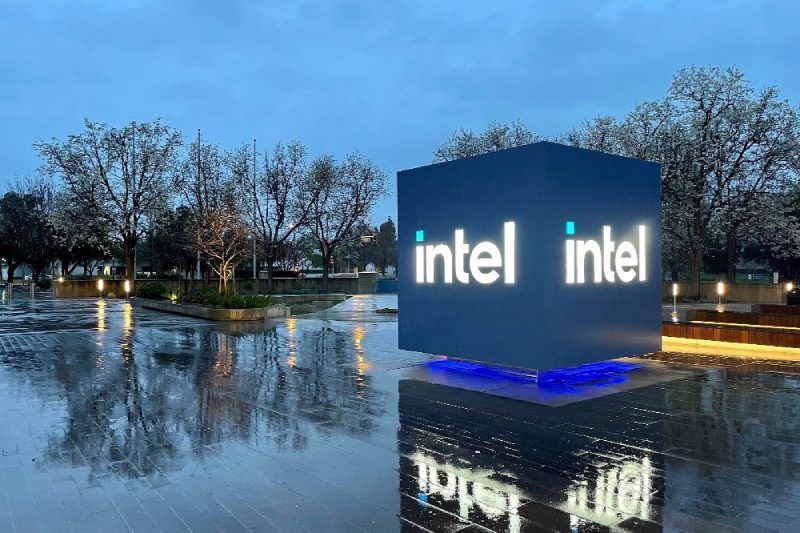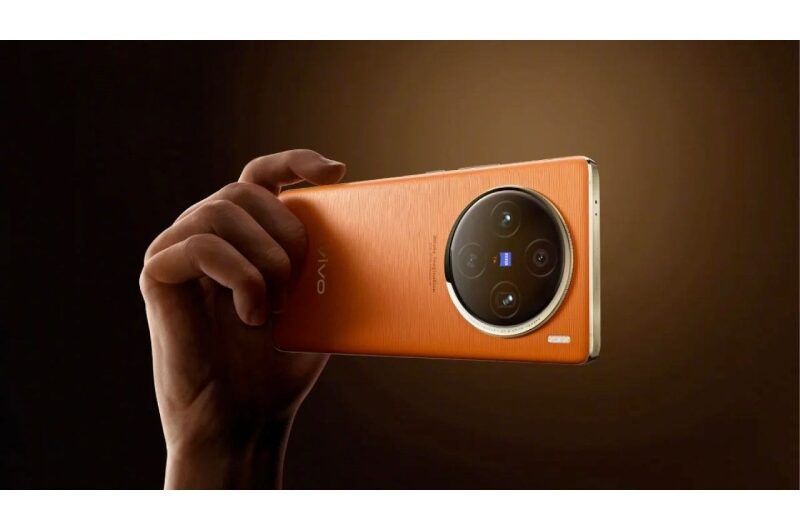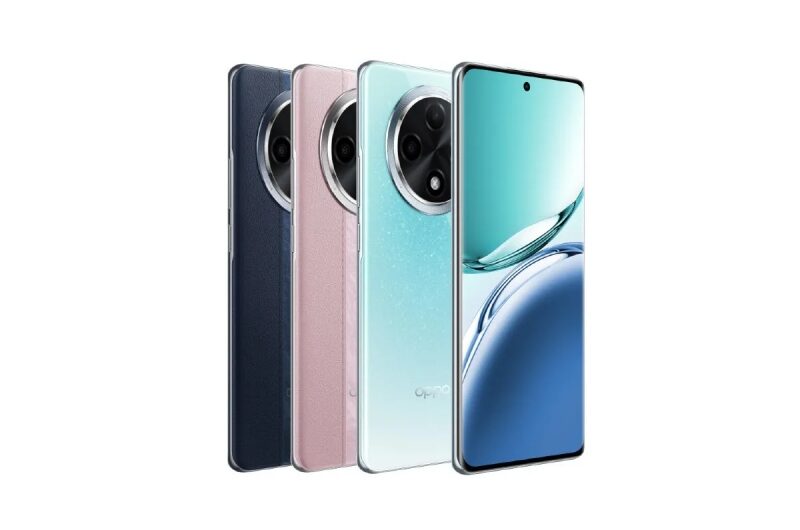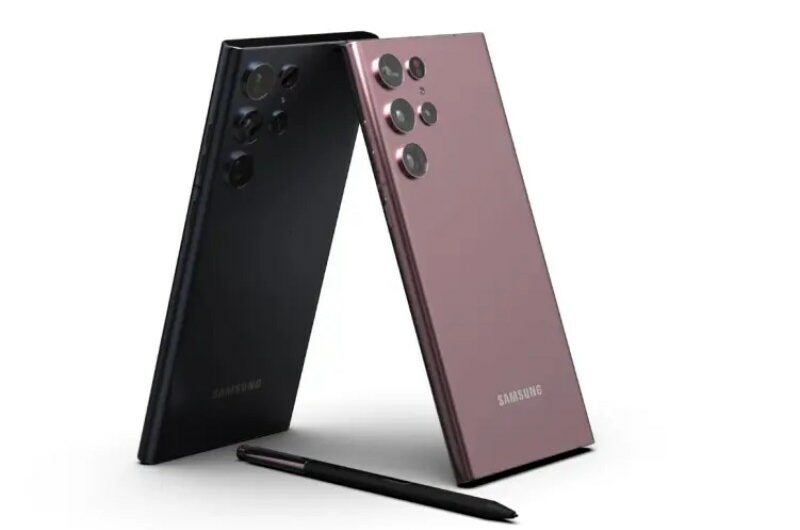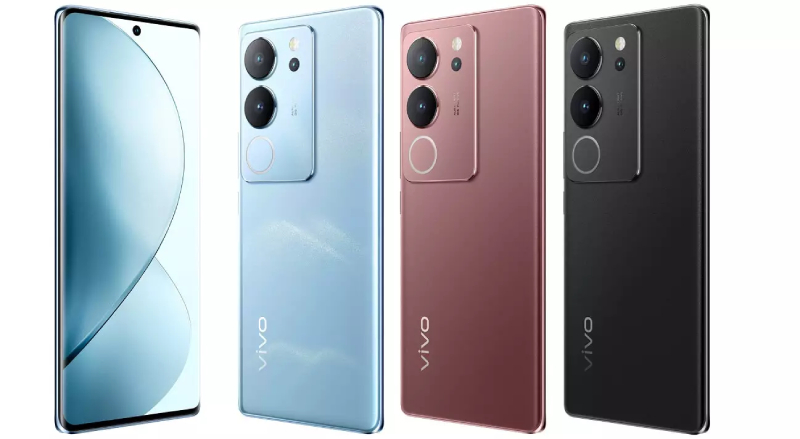In an effort to find the next major catalyst for growth in the tech sector, Intel plans to supply core processors for up to 100 million PCs with AI capabilities by 2025, according to top officials.
Over 20% of the anticipated total worldwide PC market in 2025 is expected to be delivered by Intel, according to Vice President of Client Computing Group David Feng, who stated that his business intends to provide 40 million AI PCs this year and 60 million upcoming.
According to Feng, working with software and application developers is more crucial than ever in the age of AI PCs, when Intel must consider services, user experience, and chip performance.
“We are in the business of selling performance [of chips], selling the performance of CPU and GPU, and the whole package of chipsets,” stated Carla Rodriguez, vice president and general manager of Intel’s client software ecosystem, adding that the company is making more of an effort to draw in partners and broaden use cases. She cited Intel’s partnership with video conference services like Microsoft Teams, Webex, and Zoom as one example. According to Rodriguez, the goal of this collaboration is to create AI-powered features like smart framing, backdrop elimination, and eye tracking, which automatically change the user’s attention toward the camera to keep them focused on the screen.
Along with these features, the AI PC being created with Microsoft will also be able to translate American sign language into English text instantaneously, transcribe films in real time, and automatically convert text to PowerPoint slides. In order to leverage the NPU for functions like ransomware detection and anti-phishing, Intel is also strengthening its relationships with companies that create security software.
With over 76% of the market for laptop chips, Intel is the largest provider of microprocessors for PCs worldwide. However, with their Arm-based computer designs, Apple and Qualcomm are trying to take a bigger share of the market.
Since the second half of 2022, the PC sector as a whole has seen a large inventory correction, with demand being hurt by the conflict between Russia and Ukraine as well as growing prices. This is a stark contrast to the phenomenal rise that was observed at the height of the COVID-19 pandemic-driven work-from-home and study-from-home movements.
According to Counterpoint Research, the global PC market shrank 14% in 2023 as a result of slowdowns in the consumer and business sectors. According to research agency estimates, the replacement of Windows 11 with a growing number of Arm-based and AI PCs should help the worldwide PC market, measured by shipment volume, to reach its pre-COVID levels this year.
With the exception of Apple, every major PC manufacturer has stated that AI PCs will be released later this year. Acer chairman Jason Chen recently told reporters that his company’s primary priority for 2024 would be generative AI, calling it a new opportunity for the industry. “Now we are truly in the business of selling experiences. … I am describing something that can only be brought to life by software, so there is an increasing need for having collaborations with application developers.”
He stated that Intel and Microsoft are collaborating to “define” the AI PC. Three main components make up this concept: Microsoft’s AI chatbot Copilot; Intel’s Core Ultra PC chipset, which has the company’s first platform with an integrated neural processing unit (NPU) meant to handle AI tasks; and a special “Copilot key” on the keyboard. Because AI PCs have the potential to increase productivity, Feng stated he anticipates higher enterprise spending.
Vice president and general manager of Intel’s client software ecosystem Carla Rodriguez said the business is working harder to draw in partners and increase the number of use cases. She cited Intel’s partnership with video conference services like Microsoft Teams, Webex, and Zoom as one example. According to Rodriguez, the goal of this collaboration is to create AI-powered features like smart framing, backdrop elimination, and eye tracking, which automatically change the user’s attention toward the camera to keep them focused on the screen.
Along with these features, the AI PC being created with Microsoft will also be able to translate American sign language into English text instantaneously, transcribe films in real time, and automatically convert text to PowerPoint slides. In order to leverage the NPU for functions like ransomware detection and anti-phishing, Intel is also strengthening its relationships with companies that create security software.
With over 76% of the market for laptop chips, Intel is the largest provider of microprocessors for PCs worldwide. However, with their Arm-based computer designs, Apple and Qualcomm are trying to take a bigger share of the market.
Topics #Intel